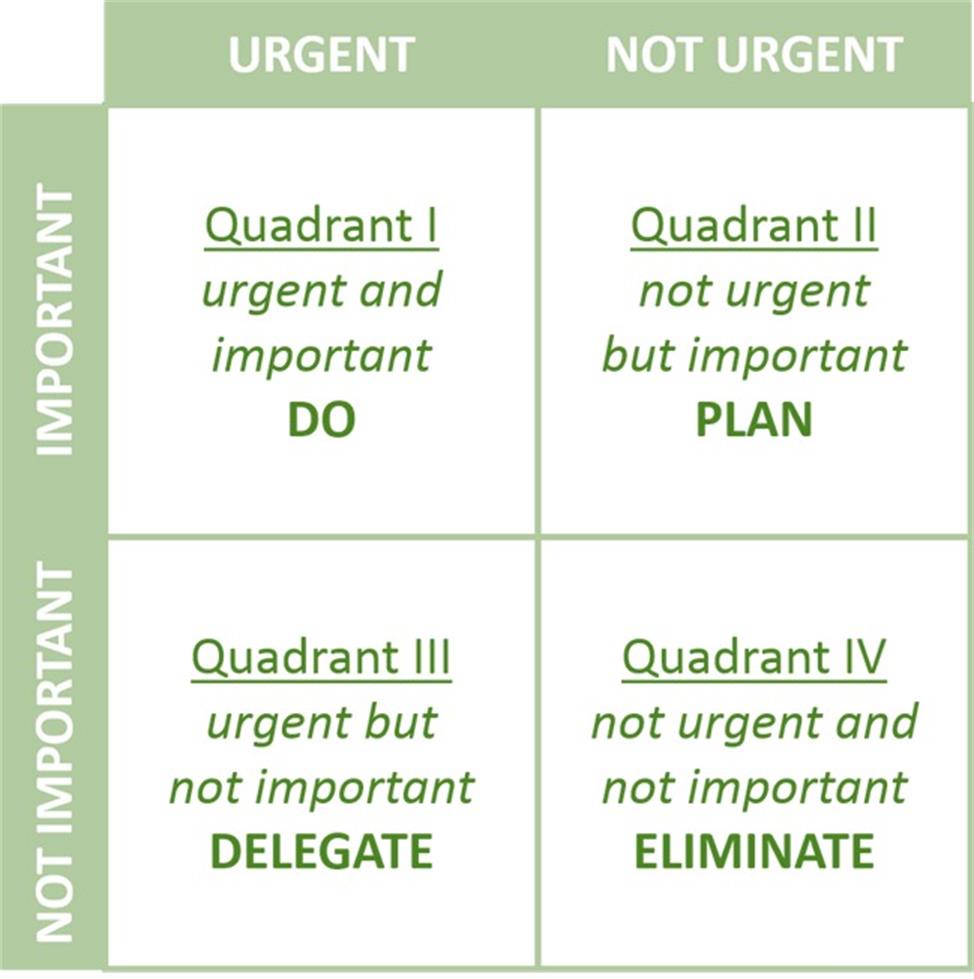
What is Time Management?
Time management is an increasingly important skill required of all people but especially those in education. It is considered to be “the maximum use of time for the productivity and achievement.” (Sahito, Khawaja, Panhwar, Siddiqui, & Saeed, 2016) and has lots of higher order skills to become better at time management, such as a deeper understanding of time, and the time required to complete a task, and the ability to prioritise effectively (Chang & Nguyen, 2011).
Why is Time Management important?
Research suggests that teachers with better time management have better wellbeing and therefore “feel more engaged with teaching which they perceived improved the quality of their lessons” (Turner & Theilking, 2019). In addition to this, pupils with better wellbeing tend to perform better academically (Preoteasa, Axante, Cristea, & Preoteasa, 2016).
What can we do to improve our Time Management and Wellbeing?
- Write a to-do list
- Block your day in to 15 minute segments – block out all of your lesson time and any duties that you do – this will help you to see all of the spare time that you might have.
- Use a diary! A written diary or a virtual one!
- Does it really need to be done? Use the quadrants to help you better understand your priorities – use post-it notes to organise the tasks you’ve got to do and anything that’s not urgent and not important, put it in the bin!
- Share the load – it is very easy to hold on to everything and not want to ask for help.
- Ask for help!!
- Exercise! Read! Meet friends (when we’re allowed to)! Breathe! Meditate!
References
Chang, A., & Nguyen, L. T. (2011). The mediating effects of time structure on the relationships between time management behaviour, job satisfaction, and psychological well-being. Australian Journal of Psychology, 63(10), 187-197.
Preoteasa, C. T., Axante, A., Cristea, A. D., & Preoteasa, E. (2016). The Relationship between Positive Well-Being and Academic Assessment: Results from a Prospective Study on Dental Students. Education Research International, 2016, 1-8.
Sahito, Z., Khawaja, M., Panhwar, U. M., Siddiqui, A., & Saeed, H. (2016). Teachers’ Time Management and the Performance of Students: A Comparison of Government and Private Schools of Hyderabad, Sindh, Pakistan. World Journal of Education, 6(6).
Sisask, M., Varnik, P., Varnik, A., Apter, A., Balazs, J., Balint, M., . . . Wasserman, D. (2013). Teacher Satisfaction with School and Psychological Well-being Affects their Readiness to Help Children with Mental Health Poblems. Journal of Health Education, 73(4), 382-393.
Turner, K., & Theilking, M. (2019). Teacher Wellbeing: Its Effects on Teaching Practice and Student Learning. Issues in Educational Research, 29(3), 938-960.
